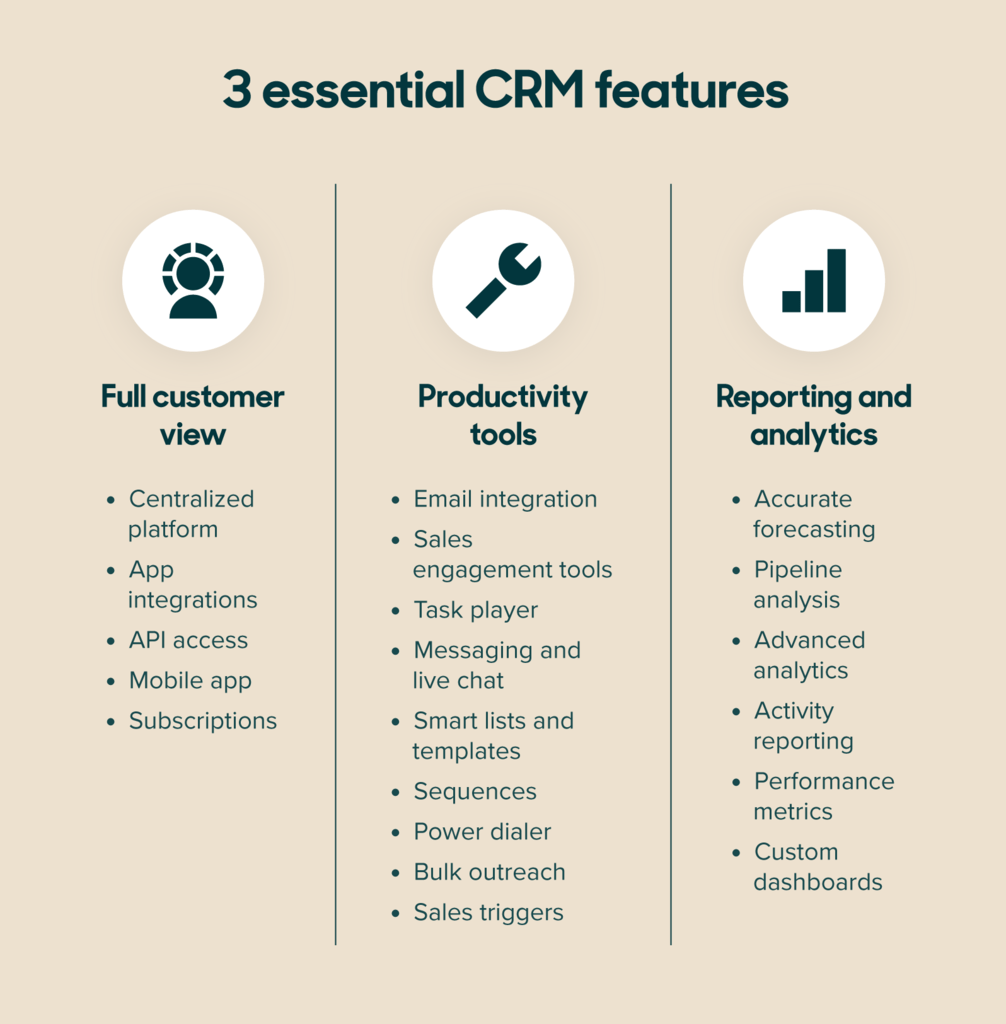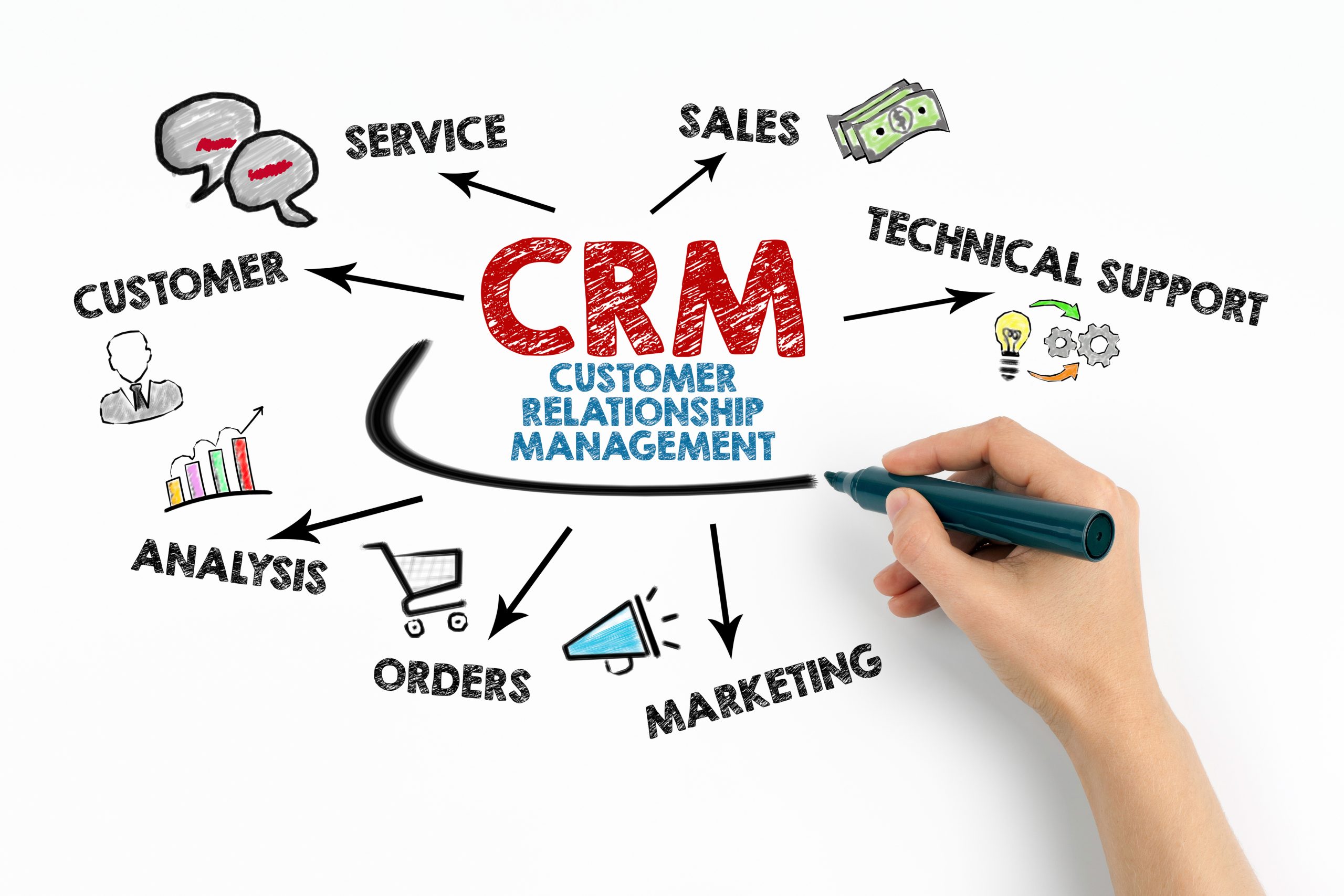
CRM for NGO Partnership Management: Building Stronger Relationships for Greater Impact
In the dynamic and interconnected world of non-governmental organizations (NGOs), partnerships are not just beneficial; they’re often essential. NGOs collaborate with a diverse array of stakeholders, including other NGOs, corporations, government agencies, foundations, and individual donors. Effective management of these partnerships is critical for resource mobilization, program delivery, and ultimately, achieving the organization’s mission. Customer Relationship Management (CRM) systems, traditionally associated with the for-profit sector, are now proving to be invaluable tools for NGOs seeking to strengthen their partnerships.
The Importance of Partnership Management for NGOs
NGOs frequently operate in resource-constrained environments, making partnerships a strategic imperative. Strategic alliances enable organizations to:
- Expand Reach and Impact: Partnering with organizations that have complementary expertise or access to different communities allows NGOs to extend their reach and increase the effectiveness of their programs.
- Pool Resources: Sharing resources, such as funding, personnel, and infrastructure, reduces duplication and increases the overall efficiency of projects.
- Gain Credibility: Collaborating with well-respected organizations enhances an NGO’s credibility and reputation, attracting more support from donors and other stakeholders.
- Advocate for Policy Change: Partnering with other NGOs and advocacy groups strengthens the collective voice of the sector, making it more effective in influencing policy decisions.
- Share Knowledge and Best Practices: Partnerships facilitate the exchange of knowledge, skills, and best practices, leading to more innovative and effective solutions to social problems.
Challenges in NGO Partnership Management
Managing multiple partnerships can be complex. NGOs often face challenges such as:
- Data Silos: Information about partners may be scattered across different spreadsheets, email inboxes, and databases, making it difficult to get a comprehensive view of the relationship.
- Communication Gaps: Inconsistent communication can lead to misunderstandings, delays, and missed opportunities.
- Lack of Transparency: Without a centralized system for tracking interactions and commitments, it can be difficult to maintain transparency and accountability.
- Inefficient Reporting: Gathering data for reporting purposes can be time-consuming and prone to errors.
- Difficulty Measuring Impact: It can be challenging to attribute specific outcomes to particular partnerships without a system for tracking and analyzing data.
How CRM Systems Address These Challenges
CRM systems are designed to help organizations manage their relationships with customers, donors, volunteers, and partners more effectively. By centralizing data, automating tasks, and providing insights, CRM systems can address many of the challenges associated with NGO partnership management. Here’s how:
-
Centralized Data Management:
- A CRM system serves as a central repository for all information related to partners, including contact details, communication history, project involvement, funding agreements, and performance metrics.
- This eliminates data silos and provides a 360-degree view of each partnership, enabling NGO staff to make more informed decisions.
-
Improved Communication:
- CRM systems facilitate seamless communication through features such as email integration, automated reminders, and collaboration tools.
- NGO staff can easily track all interactions with partners, ensuring that no important details are missed.
- Automated workflows can be set up to send regular updates, solicit feedback, and acknowledge contributions.
-
Enhanced Transparency and Accountability:
- CRM systems provide a clear audit trail of all interactions and commitments, making it easier to track progress and ensure accountability.
- Permissions can be set to control access to sensitive information, protecting the privacy of partners.
- Regular reports can be generated to provide stakeholders with updates on partnership activities and outcomes.
-
Streamlined Reporting:
- CRM systems automate the process of gathering data for reporting purposes, saving time and reducing errors.
- Customizable reports can be generated to track key metrics, such as the number of partners, the amount of funding raised, and the impact of partnership activities.
- These reports can be used to demonstrate the value of partnerships to donors, board members, and other stakeholders.
-
Improved Impact Measurement:
- CRM systems enable NGOs to track the outcomes of partnership activities and measure their impact on beneficiaries.
- Data can be collected on key indicators, such as the number of people served, the improvement in their quality of life, and the cost-effectiveness of programs.
- This data can be used to evaluate the effectiveness of partnerships and make adjustments as needed.
Key Features of CRM Systems for NGO Partnership Management
When selecting a CRM system for NGO partnership management, it’s important to look for features that are specifically designed to meet the needs of the non-profit sector. Some key features to consider include:
- Contact Management: A robust contact management module that allows you to store and organize information about partners, including contact details, communication history, and relationship type.
- Partnership Tracking: Features for tracking partnership agreements, deliverables, and performance metrics.
- Grant Management: Tools for managing grant applications, tracking funding, and reporting on grant outcomes.
- Volunteer Management: Functionality for recruiting, training, and managing volunteers.
- Donor Management: Features for tracking donations, managing donor relationships, and generating fundraising appeals.
- Reporting and Analytics: Customizable reports and dashboards that provide insights into partnership activities and outcomes.
- Integration with Other Systems: The ability to integrate with other systems, such as accounting software, email marketing platforms, and social media channels.
- Security and Privacy: Robust security measures to protect the privacy of partner data.
- User-Friendliness: An intuitive interface that is easy for NGO staff to learn and use.
Implementing a CRM System for NGO Partnership Management
Implementing a CRM system is a significant undertaking that requires careful planning and execution. Here are some steps to take:
- Assess Your Needs: Identify the specific challenges you are facing in managing partnerships and the features you need in a CRM system to address those challenges.
- Research CRM Systems: Compare different CRM systems based on their features, pricing, and ease of use.
- Choose a CRM System: Select a CRM system that meets your needs and budget.
- Develop an Implementation Plan: Create a detailed plan for implementing the CRM system, including timelines, roles and responsibilities, and training requirements.
- Migrate Your Data: Transfer your existing data from spreadsheets and other systems into the CRM system.
- Train Your Staff: Provide training to your staff on how to use the CRM system.
- Customize the System: Configure the CRM system to meet your specific needs and workflows.
- Test the System: Thoroughly test the system to ensure that it is working properly.
- Go Live: Launch the CRM system and begin using it to manage your partnerships.
- Monitor and Evaluate: Continuously monitor the performance of the CRM system and make adjustments as needed.
Examples of CRM Systems Used by NGOs
Several CRM systems are popular among NGOs, including:
- Salesforce Nonprofit Cloud: A comprehensive CRM platform that is specifically designed for non-profit organizations.
- Microsoft Dynamics 365 Nonprofit Accelerator: A set of tools and templates that extend the capabilities of Microsoft Dynamics 365 for non-profits.
- Blackbaud Raiser’s Edge NXT: A cloud-based fundraising and relationship management solution for non-profits.
- Zoho CRM: A customizable CRM platform that is suitable for small to medium-sized NGOs.
- CiviCRM: An open-source CRM system that is specifically designed for non-profit organizations.
Conclusion
In conclusion, CRM systems are powerful tools that can help NGOs strengthen their partnerships, improve their efficiency, and increase their impact. By centralizing data, automating tasks, and providing insights, CRM systems enable NGOs to manage their partnerships more effectively and achieve their mission more effectively. For NGOs committed to creating lasting social change, investing in a robust CRM system is a strategic move that can yield significant returns in the form of stronger relationships, increased resources, and greater impact.

